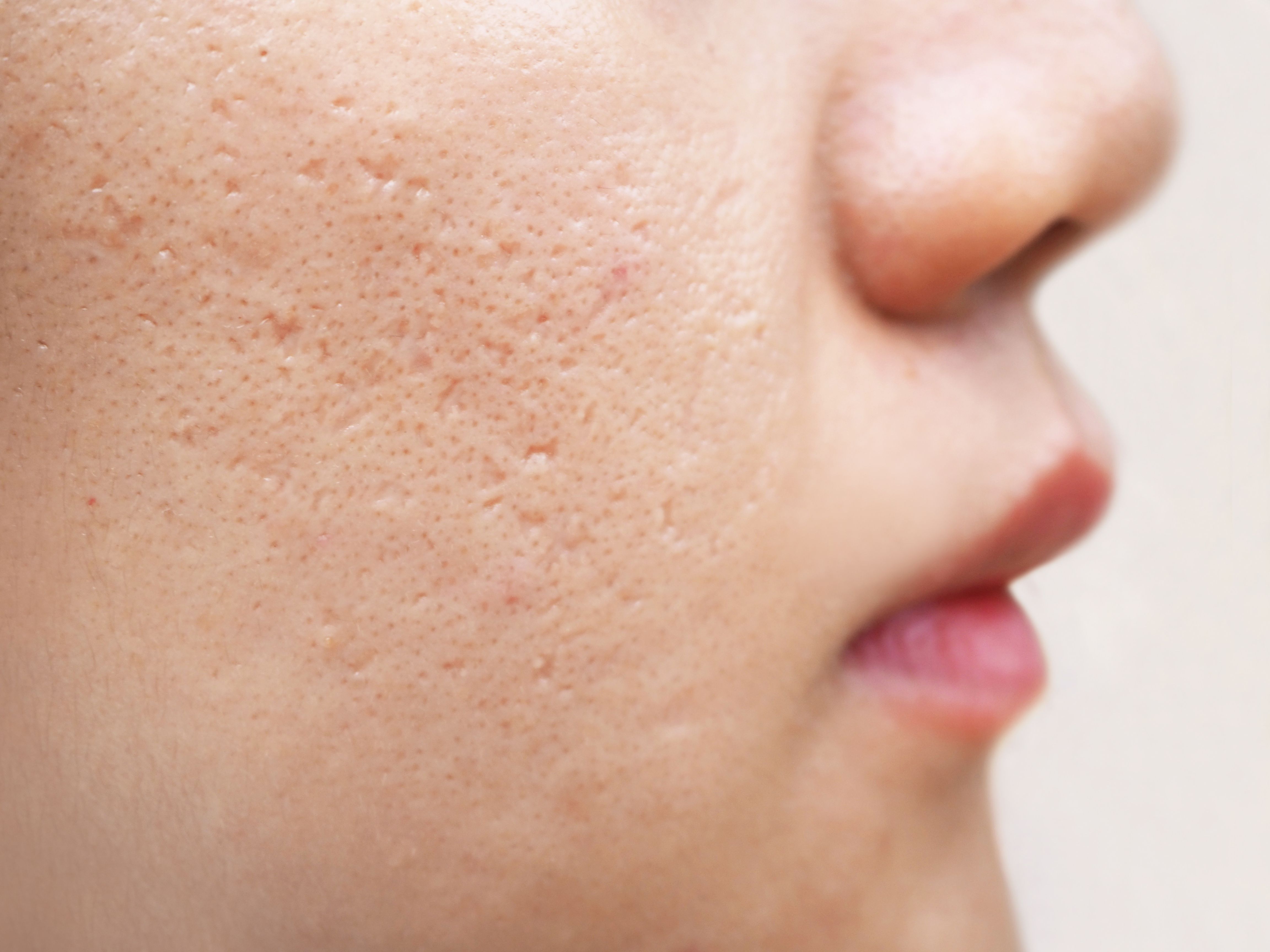- Acne
- Actinic Keratosis
- Aesthetics
- Alopecia
- Atopic Dermatitis
- Buy-and-Bill
- COVID-19
- Case-Based Roundtable
- Chronic Hand Eczema
- Drug Watch
- Eczema
- General Dermatology
- Hidradenitis Suppurativa
- Melasma
- NP and PA
- Pediatric Dermatology
- Pigmentary Disorders
- Practice Management
- Precision Medicine and Biologics
- Prurigo Nodularis
- Psoriasis
- Psoriatic Arthritis
- Rare Disease
- Rosacea
- Skin Cancer
- Vitiligo
- Wound Care
Article
2021 Acne Updates: New Drugs and Research
Author(s):
A presentation from Maui Derm Live 2021 featured insights on new drugs and data in acne.
A presentation from Maui Derm for Dermatologists 2021 virtual dermatology CME conference offered updates on new drugs, research, and expert insights into the management of acne.
The session, Update 2021: Acne and Rosacea, presented live on January 27, was moderated by Guy Webster, MD, PhD, clinical professor of dermatology at Thomas Jefferson University, Lawrence Eichenfield, MD, vice chair of dermatology and chief of pediatric and adolescent dermatology at the University of California San Diego, and James Layton, MD, emeritus professor CE of dermatology at University of Pennsylvania School of Medicine.
Dr. Webster discussed the newest insights from acne research and treatment, featuring discussions on metformin use for polycystic ovary syndrome (PCOS), refracting the notion of spironolactone as a breast cancer risk, and isotretinoin safety, as well as new drugs for acne treatment.
Metformin for PCOS Acne
Notably, Webster discussed several studies which found favorable results in treating patients with metformin, including that treatment with metformin alone and in combination with traditional acne medications improves patient outcomes. However, the majority of studies are not completed by dermatologists and investigators have found room to criticize methods.
Spironolactone: Not a Breast Cancer Risk
The presentation relayed studies demonstrating that spironolactone does not increase breast cancer risk or interact with hormonal therapies, nor does it increase the rate of breast cancer recurrence.
New Drugs for Acne
New drugs on the market for acne include:
- Topical minocycline foam, which works in inflammatory acne
- Topical clascoterone, a “soft” androgen blocker
- Encapsulated BP + tretinoin, a treatment with minimal irritation and good efficacy
- Topical trifarotene, a new fourth-generation retinoid approved for face and trunk
“Maskne” In Pediatric Acne Cases
Dr. Eichenfield presented the latest updates in pediatric acne and highlighted the influx of mask-related acne. “I’ve seen a broad set of acneiform and pseudo acneiform eruptions associated with masks,” Eichenfield said.
There has been literature suggesting acne management specific to maskne, Eichenfield said. While the criteria may be helpful, Eichenfield believes that maskne is a mixture of several factors. “Maskne” could potentially be
- Regular acne that is more readily noticed,
- Acne mechanica, and/or
- Exacerbation of acne vulgaris through fabric and microbiome factors
“In general, most of us are managing the acne we see with mask exacerbation as regular acne. But the literature includes antimicrobial cleansers and certainly changes in styles of masks can make a difference,” Eichenfield said.
New Acne Therapeutics and Pediatric Data
The session also covered recent acne treatment studies and approvals that have included children. In terms of retinoids, Eichenfield mentioned trifarotene cream 0.005% and tazarotene 0.045%, both of which are approved for patients ages 9 and older; in a pediatric analysis, tazarotene was well-tolerated, with no significant differences in responses between age groups.
Minocycline 4% foam has been approved for non-nodular moderate-to-severe acne for ages 9 and older. The drugs uses molecule stabilizing technology and investigators have not found evidence of phototoxicity, photoallergy, or skin sensitization.
Other new drugs include clascoterone cream 1% and sarecycline, which is taken orally. Moreover, the session mentioned studies focusing on energy-based treatments for active acne and scarring, including blue light and pulsed dye laser (PDL). However, no double-blind, placebo-controlled studies have been completed to date, and much of care is multi-modal, according to Eichenfield.
“I hope in the future, we’ll be able to sort of marry the medical acne care potentially with the procedural acne care, since it tends to be that dermatologic surgeons or laser surgeons who are doing some of the acne, and then most of us who are managing medical acne. So trying to fix it together I think might be appropriate as we try to bring more to our patients across these ages for acne,” Eichenfield said.
Isotretinoin Difficult Cases
Dr. Layton centered his presentation on issues related to isotretinoin treatment, including relapse, acne worsening acute inflammation, sinus tracts, and inflamed keratinous cysts.
“There still are, in my opinion, too many cases of patients getting acutely worse, and sometimes catastrophically worse,” Layton said.
The session reviewed recent research proposing that higher doses could mitigate relapse rates, where age is the most significant factor in retreatment. Layton presented data showing that, in a patient population of over 3000, the number of patients requiring retreatment with isotretinoin was highest in the youngest patients – 10-11 years old – and rates generally decreased with age. Layton also mentioned other factors outside of age, including not taking isotretinoin after a fatty meal, as absorption can be up to 78% lower when fasting occurs.
Maui Derm Live 2021 presentation slides, posters, and other resources can be found here.
Reference:
1. Webster G. Eichenfield E, Layton J, et al. Update 2021: Acne and Rosacea. Presented at: Maui Derm Live. January 25-29, 2021; virtual.
Newsletter
Like what you’re reading? Subscribe to Dermatology Times for weekly updates on therapies, innovations, and real-world practice tips.











